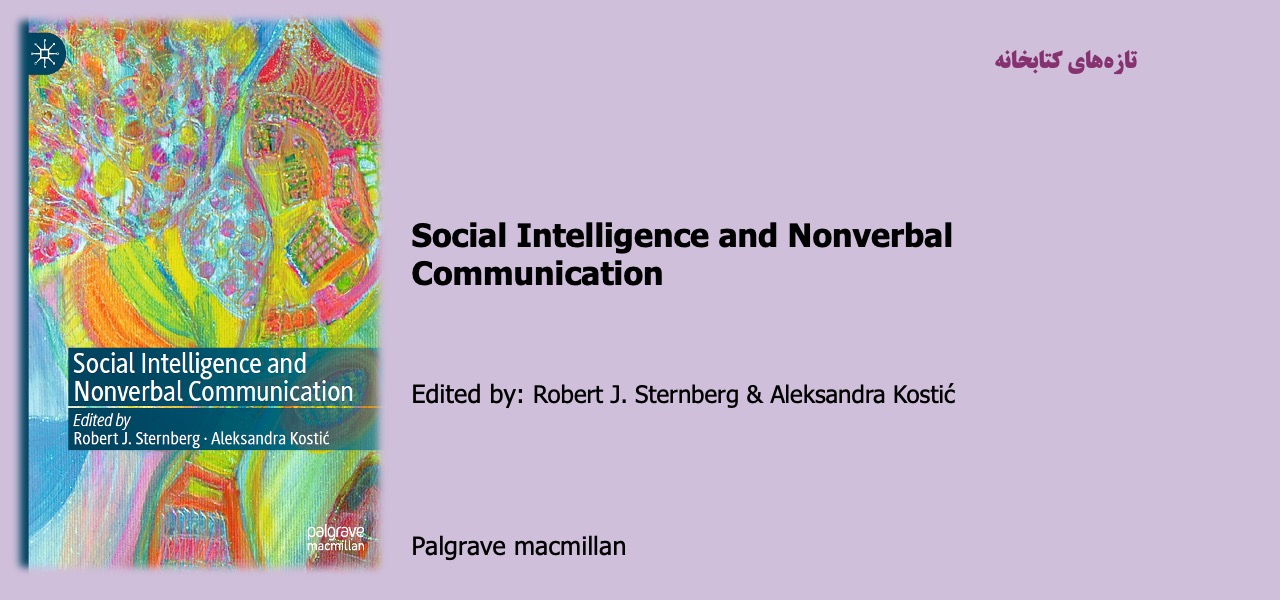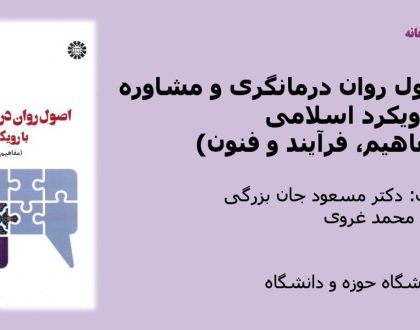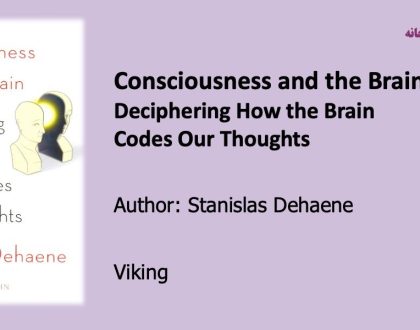Social Intelligence and Nonverbal Communication

The study of intelligence has a long and somewhat checkered past. There are many reasons for this mixed background but, almost certainly, one is that people can be intelligent, in a conventional sense, and lack much (and sometimes, seemingly any) social, practical, or emotional skills (Sternberg, 2003). The so-called intelligent person may do well on a conventional intelligence test but fare only poorly in his or her ability to adapt to the environment, which, from a Darwinian point of view, is essential to intelligence. Indeed, historically, intelligence has been defined at least in part in terms of the ability to adapt to the environment (e.g., Sternberg & Detterman, 1986).
Recognizing the limitations of conventional conceptions of intelligence, some researchers have sought to expand conceptions of intelligence better to reflect the importance of various noncognitive skills that are critical for adaptation to the environment. One such set of skills— arguably, one of the most important sets—is to be found in what has come to be called social intelligence. Social intelligence is the ability to understand, flexibly manage, and, sometimes, control interactions with other people (see various definitions in Albrecht, 2009; Goleman, 2007; Kihlstrom & Cantor, 2011, in press; see also Barnes & Sternberg, 1989; Sternberg & Smith, 1985).
مطالب مرتبط

اصول روان درمانگری و مشاوره با رویکرد اسلامی (مفاهیم، فرآیند و فنون)
۲۶ / بهمن / ۱۴۰۳

آموزش مهارت نوشتن از منظر شناختی
۲۶ / بهمن / ۱۴۰۳


